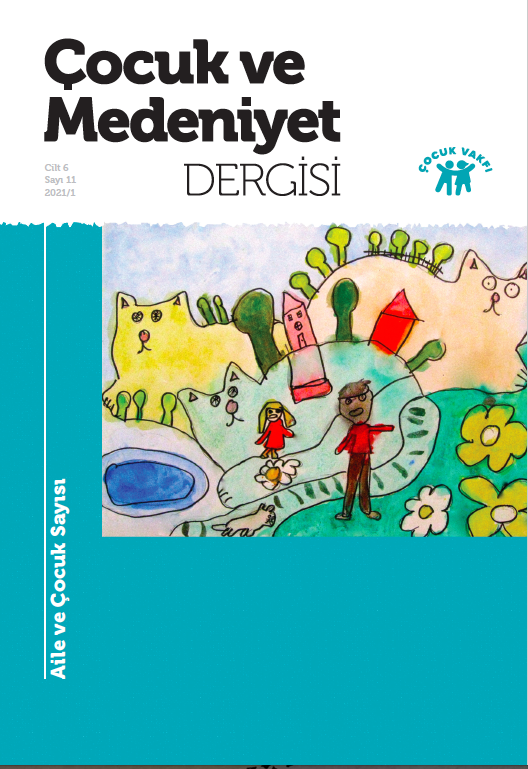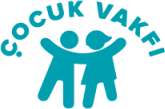COVID-19 “Evde Kal” Sürecinin Anne Görüşlerine Göre Okul Öncesi Dönem Çocuklarının Günlük Yaşamlarına Yansıması
DOI:
https://doi.org/10.47646/CMD.2021.233Anahtar Kelimeler:
COVID-19, küçük çocuklar, sosyal izolasyon, okul öncesi, günlük rutinÖzet
Bu araştırmada COVID-19 “evde kal” sürecinin anne görüşlerine göre çocukların günlük yaşamlarına yansımalarının incelenmesi amaçlanmıştır. Araştırmanın çalışma grubu Bayburt ilinde okul öncesi eğitim alan ve normal gelişim özelliği gösteren 5 yaş grubundan 137 (n=70 kız, n=67 erkek) çocuk ve annelerinden oluşmaktadır. Araştırmada araştırmacılar tarafından geliştirilen Çevrimiçi Anket Formu kullanılmıştır. Araştırma tarama modeli ile gerçekleştirilmiştir. Elde edilen veriler betimsel analiz yöntemi ile çözümlenmiştir. Araştırmanın bulgularında; çocukların %86,9’unun COVID-19 ile ilgili sorular sorduğu ve annelerin %37,8’inin çocukların sorduğu soruları yanıtlarken kendini yeterli hissettiği, çocukların %61,3’ünün uyku düzeninin bozulduğu ve %40,1’inin beslenme düzeninin bozulduğu belirlenmiştir. Çocukların sokağa çıkma yasağına üzülme, bunalma, sıkılma, korkma ve kızma gibi olumsuz tepkiler, anlayışla karşılama ve uyum sağlama gibi olumlu tepkiler verdiği ve bu tepkilerin yanı sıra değişken tepkiler verdiği veya bazılarının herhangi bir tepki vermediği ortaya koyulmuştur. Annelerin 119’unun çocuklarına kitap, oyuncak ve materyaller aldığı, 119 annenin aldığı 204 çeşit kitap, oyuncak ve materyal içinden 95’inin kitap olduğu ve bu kitapların 48’inin hikaye kitabı olduğu analiz edilmiştir. COVID-19 salgınını çocukların %73’ü anne-babalarından öğrenmiştir. Annelerin %72,3’ü COVID-19 salgınında uzaktan eğitimi yeterli bulmamışlardır. Annelerin %73’ü uzaktan eğitimde çeşitli konularda (alt yapı yetersizliği, çocuğun dikkatini toplama, etkinlik yaptırma vs.) zorluklar yaşamışlardır. Annelerin %92’si çocukların hareket etme ihtiyacını çeşitli yollarla gidermeye çalışmışlardır.


